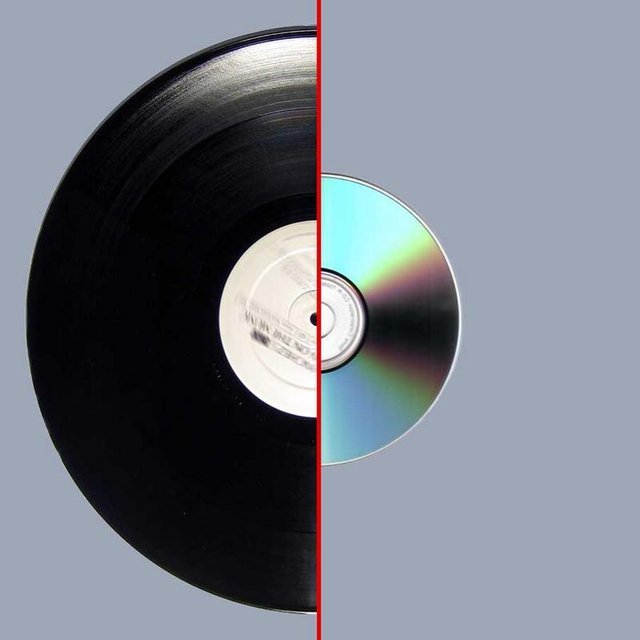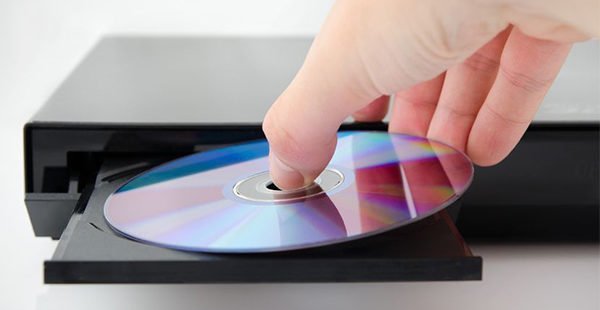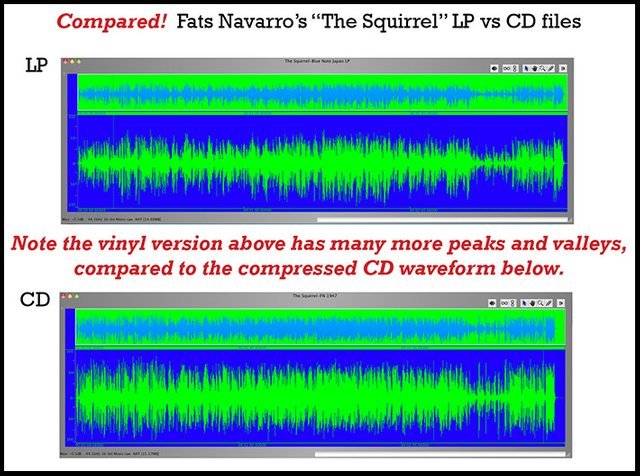Indie-disc : The eternal Vinyl Vs CD debate !

Why bring so much attention to a relic of the past such as vinyl when many digital media technically supplant it ? Well, there are different reasons for this that explain the resurgence of vinyl as a musical consumer product. Although this medium is not free of defects, it makes it an essential element if one wishes to appreciate a work at its true value. Despite everything, the CD also has its advantages and sometimes its disadvantages. These two media excel on both sides to varying degrees and have evolved to offer a listening experience that is close to excellence, for music lovers. In some cases, it is therefore essential to choose a particular media in order to have the most appropriate version according to the context. In this article, we will look at the strengths of these two media and their weaknesses.
A fratricidal struggle !

When we talk about the choice of vinyl over CD, the first reaction that the general public has on this subject is a certain irony tinged with mockery against the defenders of this medium. A barbaric relic, with an outdated capacity, willingly taking dust and deteriorating all the time. On the other hand, the fervent defenders of the black or coloured disc, indulge in a high esteem for their choices and presumptuously evoke the ignorance that this audience carries against their precious recordings. This war, which has lasted for more than thirty decades, continues to fuel heated discussions between the two sides. To be honest, there is some truth in what both sides have said...

- The vinyl or rather the micro-sillon disc is an evolution of the old 78t, created in order to meet the main disadvantages offered by this type of medium. More resistant, with a greater capacity in terms of recording time (up to 20-25 minutes per side), the 33t also offers significant evolutions such as stereo and a wider frequency range, which can reach 16Khz. In fact, this limit will be exceeded much later until 23Khz ! In short, since its introduction on the market in the 1950s, the vinyl disc has been the most suitable medium for Hi-Fi playback, provided that you are equipped with the necessary equipment to play it. Because yes, if there is one significant thing about the full potential of vinyl, it is that it is entirely dependent on the material the listener has. Because, it is not enough to own a plate but it is also necessary to adjust your cell according to your requirements. Since the reading of the grooves is entirely transmitted by a diamond, connected to a cell capable of delivering a more or less extended frequency field. Taking full advantage of the potential of vinyl can be expensive !

- The CD appeared at the end of the 1970s and introduced the digital era into the field of sound recording. Based on the principle of sampling, the sound curve is no longer linear and analogical as vinyl is, but chopped into 16-bit binary data. This method allows for increased storage capacity in a more compact format, since a single CD can contain up to 74min of music. However, this is a compression method that will never reproduce all the frequencies that a human ear cannot perceive. Although the sampling rate is 44.1Khz and therefore capable of up to 22.05khz ! The dynamics are also more important than his colleague: About 90db, while the vinyl peaks at 60db. Another factor that will mark the popular success of the CD, during the 80s and 90s, you only need a simple reader and that's all !

In view of all that I have put forward, one could possibly say that it is the same, with however a slight advantage for the CD. However, some amateurs agree that vinyl has a more natural, warm and precise sound on the midrange and treble than CD. This is because a purely analog recording necessarily sounds better on a medium that is intended to play it back. Since the lp's comeback, a trend among majors and some labels has been to offer new productions pressed from digital files. And that's where the bottom hurts, because when you listen there's a noticeable difference on this subject. What is the point of listening to digital on a medium that is not designed for this purpose ? Here is a commercial practice that misleads the uninformed neophyte...
The urban legend that has established itself in the collective consciousness and that consists in believing that a CD is more resistant than a vinyl remains a beautiful absurdity! The CD is just as sensitive to prolonged exposure to the sun, scratches and has a shorter life expectancy than lp! To be honest, it all depends on the storage, use and attention you pay to your precious discs !
My choice: Both !

As far as I am concerned, I would say that the two supports are complementary. Indeed, I would prefer the organic and natural aspect of vinyl for old works that have been designed for analog listening. In addition, some small productions of independent labels or other self-productions have sometimes never been re-released on CD. This clearly favours choice in these cases. Currently, I collect both and I greatly favour recent albums on CD, or digital remasters on this medium. But more than anything else, what makes the magic of vinyl in front of its little brother is the whole ritual to which it is linked. Uncover the cover, unpack the sleeve, read the inserts, put the album on the table and change sides when the time comes. All this brings an incredible soul and charm to this support. The cd is more pointed, less playful but just as enjoyable !
Anyway, it's all a matter of personal taste and I wouldn't recommend too much to enjoy each of your albums in the format you prefer.